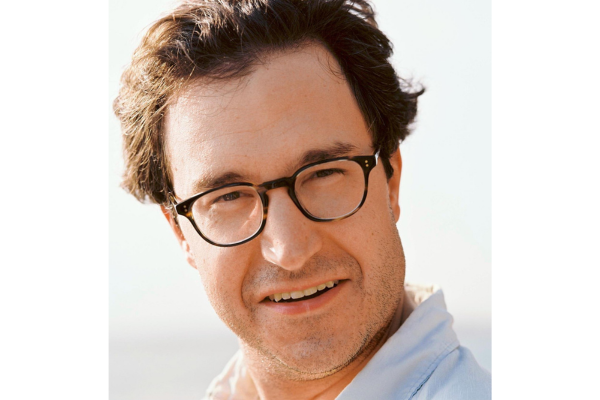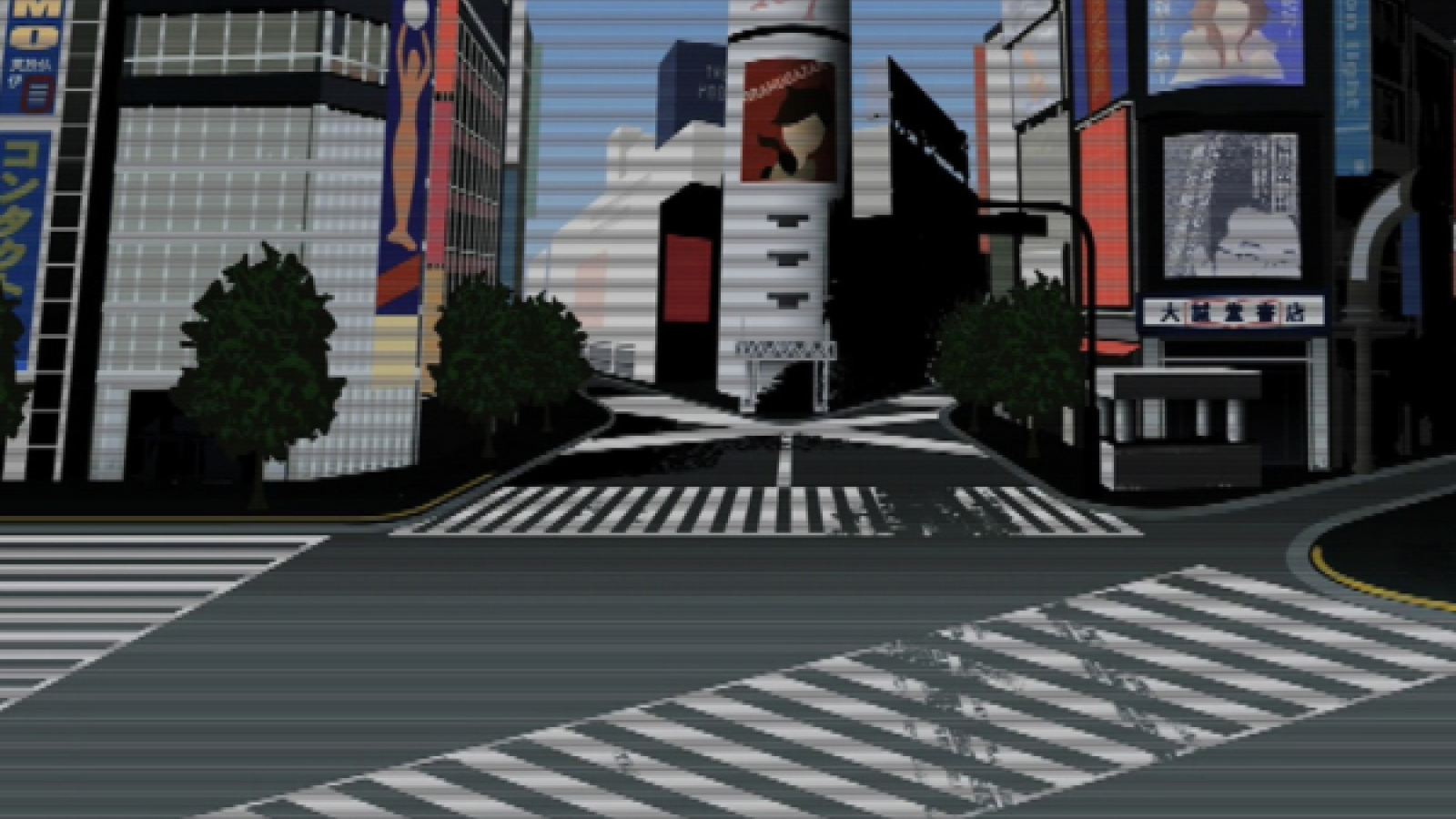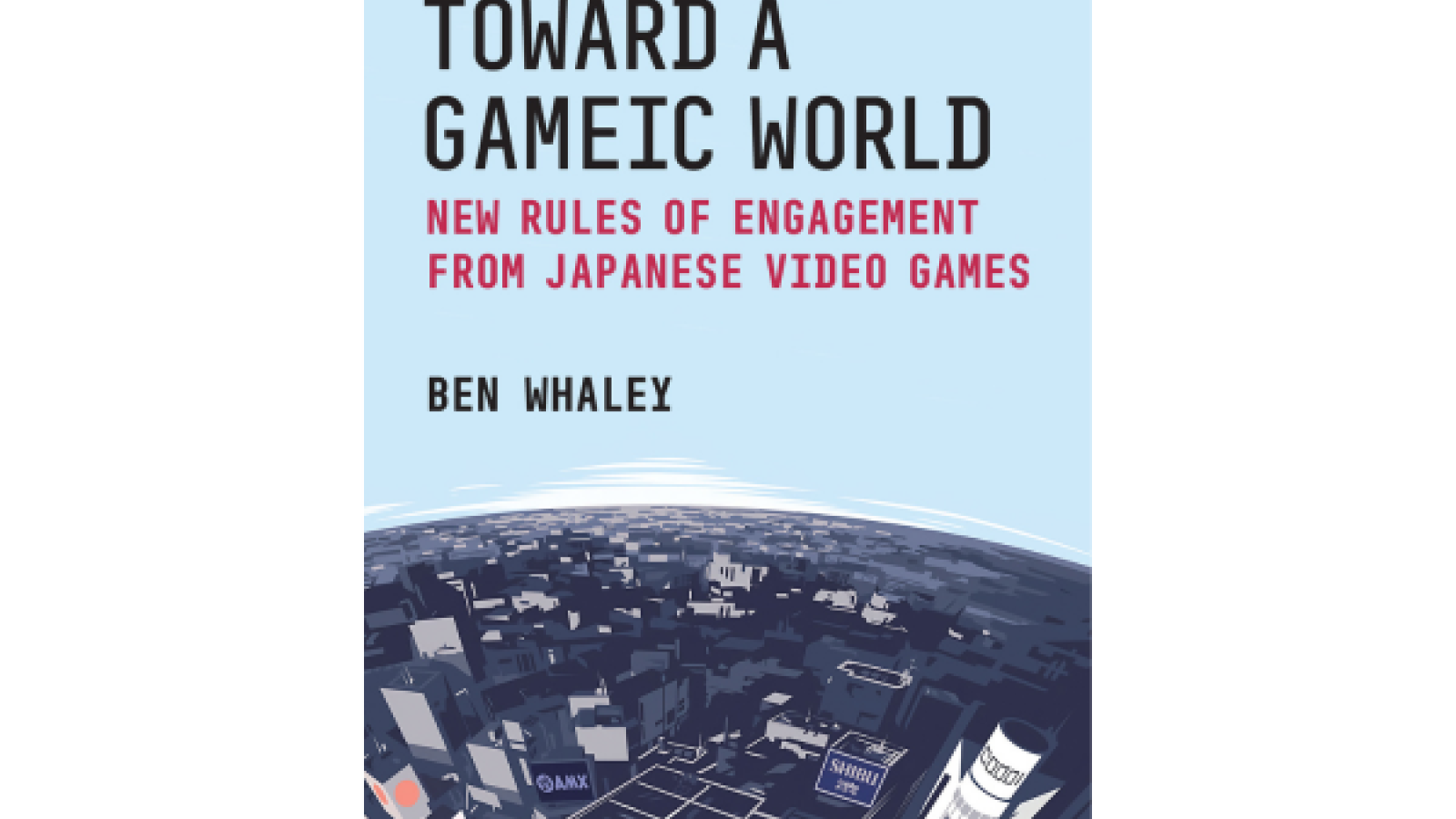
The Institute for Japanese Studies presents:
"What Japanese Video Games Have to Teach Us About Trauma and Recovery"
Ben Whaley
University of Calgary
Abstract: How do Japanese video games grapple with some of the country’s biggest social anxieties and traumatic events, like natural disasters or a declining birthrate and aging population? And how might games prompt players’ own emotional and intellectual engagement with difficult themes? This talk begins with a discussion of how video games promote player empathy and emotional engagement around trauma and recovery. Drawing on a case studies of the Japanese role-playing game The World Ends with You (Square Enix, 2007), I analyze a form of connective engagement that seeks to bring together players in new forms of socio-topographical play while addressing one of contemporary Japan’s most oft-publicized social issues: hikikomori, or social withdrawal. I conclude with thoughts on the positive benefits of working through a site of trauma within a video game, and what games might teach us about Japanese culture and society through interactive frameworks distinct from literature and film.
Ben Whaley is Associate Professor of Japanese in the School of Languages, Linguistics, Literatures and Cultures at the University of Calgary. His research examines ethno-racial identity and trauma in Japanese popular culture. He is the author of Toward a Gameic World: New Rules of Engagement from Japanese Video Games (University of Michigan Press, 2023). His essays on manga and video games have appeared in the Journal of Asian Studies, positions asia critique, and the Journal of Japanese Studies.


